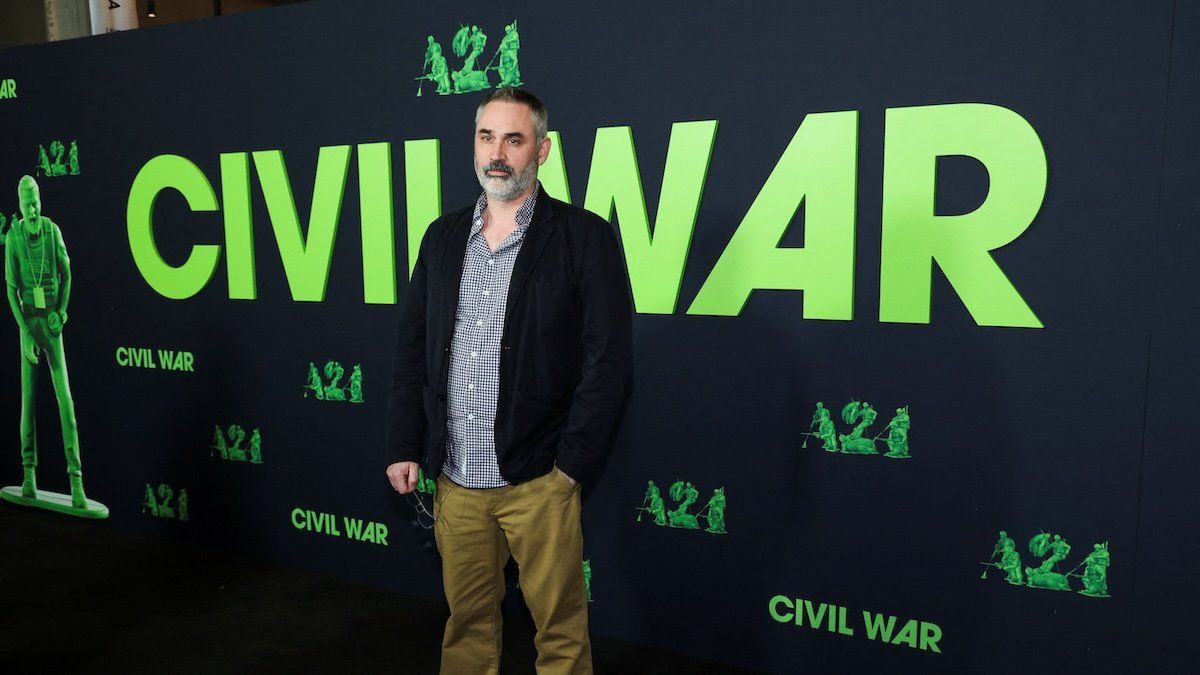Alex Garland’s “Civil War” hit US cinemas on Friday, offering a surreal, disturbing, heart-pounding depiction of a fractured, war-torn US in the not-too-distant future. The dystopian movie is a grave warning to any Americans who fantasize about taking up arms against their political opponents. Its message is simple: A modern US civil war would be utterly devastating and uglier than they can imagine.
“Civil War” shows what the US would look like if it became a warzone – with suicide bombings, mass graves on the side of the road, gunfire in the streets, cherished monuments demolished – and even routine stops for gas turned into terrifying experiences. As an examination of the horrifying nature of war and the dangers of a complete collapse of trust in US institutions, “Civil War” is extremely effective.
But by the time the credits rolled, it was difficult not to see the film as a missed opportunity to explore the causes of war and the types of toxic trends that can lead societies into civil conflict. “Civil War” fails to explain why the war it’s centered around is even happening. While there are occasional vague references to the autocratic practices of the president, the viewer is left almost entirely in the dark as to why Americans have taken up arms against each other.
Garland said he did this deliberately to avoid making the movie specific to the US and to send more of a universal message. Perhaps he was worried that a more politicized film would turn off one side or the other amid this historically polarized era in the US.
But his apolitical approach left the film feeling quite empty, and I believe Garland could have avoided demonizing particular political parties while still delving into how socially corrosive forces like extremism and authoritarianism, left unchecked, can lead to civil war. This would’ve been a nod to today’s dangerous political climate in the US, making the movie a more effective, timely alarm bell.
The movie is also as much about journalism as it is about war. It shows the war through the lens of reporters – both literally and figuratively. Garland said he specifically made journalists the “heroes” of the movie because of the traction journalism is losing in modern society. At a time when journalists are getting laid off left and right, this was a nice thought, but Garland leaned heavily on clichės about reporters being adrenaline junkies who will risk it all for a single quote or photo.
The film is already a major success and had a massive opening weekend. Garland has clearly struck a nerve in the post-Jan. 6 era, where the nightmarish prospect of civil conflict seems to live rent-free in the American mind (though many experts on political violence agree we are very unlikely to see a conflict on the same scale as the American Civil War in the near future).
But does box office success mean the movie was as impactful as it could have been? Though I certainly had my issues with the movie, there’s no denying that it was extremely thought-provoking. If you’ve seen “Civil War,” we’d love to hear your thoughts. Please write to us here.






